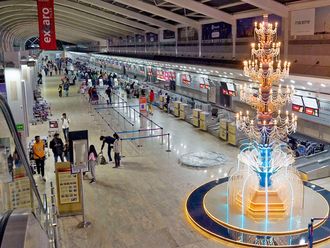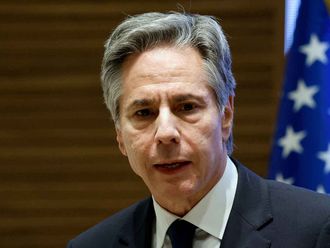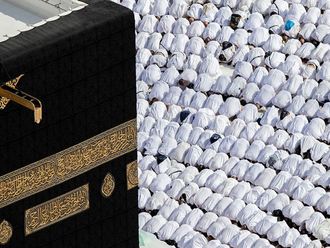New Delhi: India’s Supreme Court on Tuesday said there will be no coercive action by authorities against over 40 lakh people, whose names do not figure in Assam’s National Register of Citizens (NRC), observing that it was merely a draft.
The top court asked the Centre to formulate modalities and the Standard Operating Procedures (SOPs) including timelines for deciding claims and objections arising out of the publication of the draft NRC.
A bench of justices Ranjan Gogoi and R F Nariman asked the government to submit the modalities and SOPs before it for approval within August 16. “This court would like to observe that what has been published is only a complete draft NRC, which naturally being a draft cannot be a basis for any coercive action by any authority,” the bench said.
It said that the modalities and SOPs prepared by ministry concerned of government of India should be “fair and giving reasonable opportunity to everyone”.
The bench said under the rules, the local registrar is first required to issue notice to file claim and objections to the draft NRC and then give a reasonable hearing after providing equal opportunity to all.
At the outset, NRC Assam coordinator Prateek Hajela placed before the court its status report, giving details of publication of the draft NRC on Monday. The report said that out of 3.29 crore people, the names of 2.89 crore have been included in the draft NRC.
It further said that names of 40,70,707 people do not figure in the list. Of these, 37,59,630 names have been rejected and the remaining 2,48,077 are on hold.
To this, the bench asked Hajela what the future course of action was, after the publication of draft NRC. He informed the court that the claims and objections regarding inclusion and exclusion in the NRC could be filed from August 30 to September 28.
Till August 7, the draft NRC will be displayed or made available to them through seva kendras. “From August 8, 2018 onwards, the people who have been left out of the second draft can approach the local registrar or the NRC seva kendra to find out the reasons for their non-inclusion,” he said.
The bench then asked Hajela about the local registrars and of which level these officers are. He said these local registrars are gazetted officers taken from different departments for NRC works. Hajela replied that he will hold discussions with Registrar General of India and would work out the modalities and it will be placed before the court for approval.
Attorney General KK Venugopal, appearing for the Centre, said that the ministry concerned is willing to formulate the modalities and SOP to deal with the process of claims and objections and that the courts should assure or direct that no coercive action shall be taken against anyone till equal opportunity is given to all.
“You (Centre) give us the modalities or SOPs. We will go through it. If it is appropriate, we will approve it and if it is not appropriate we will reject it. Tell us what do you think? It has to be a fair procedure with equal opportunity given to all,” the bench said.
The AG told the court that the government is contemplating developing biometrics of the 40 lakh people who have been excluded from second draft NRC, so that if a declared foreigner escapes to another state under a false identity, then he can be tracked by the authorities.
“You do whatever you like. At this moment, we would not like to comment. You do it, then we will examine it. Our silence is not a symbol of agreement nor assurance,” the bench said.
The first draft of the NRC for Assam was published on the intervening night of December 31 and January 1 according to the top court’s direction. The names of 1.9 crore people out of the 3.29 crore applicants were incorporated.
Assam, which had faced influx of people from Bangladesh since the early 20th century, is the only state with an NRC, first prepared in 1951.
The top court, which is monitoring the NRC work, had earlier said that the claims of those citizens, whose names do not figure in the draft NRC for Assam published by December 31 last year, would be scrutinised and included in the subsequent list, if found genuine.












